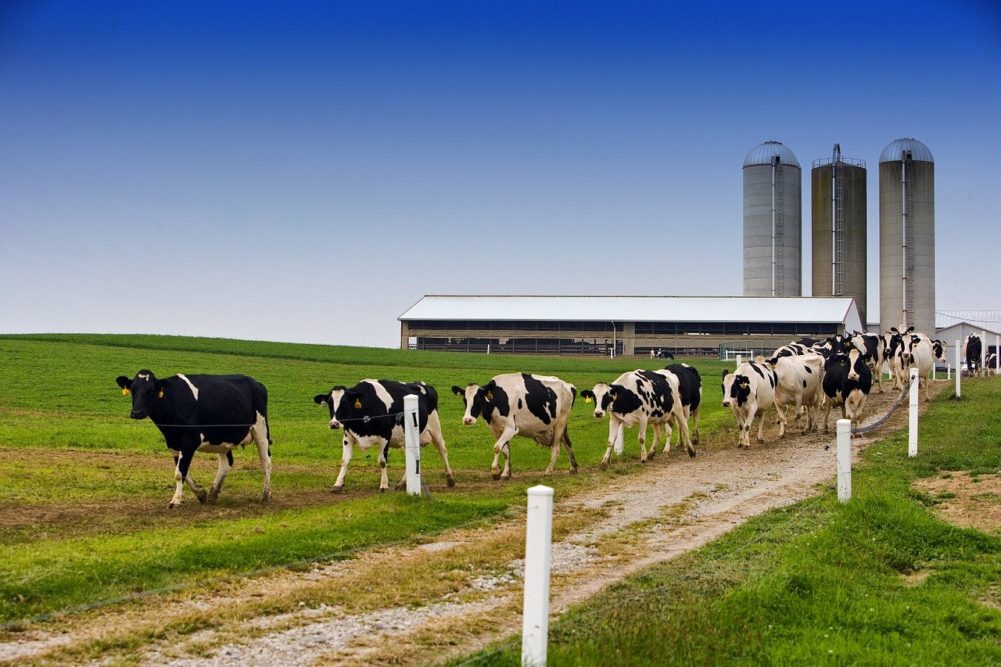CHICAGO – An on-farm sustainability collaboration between Bel Brands USA and Dairy Farmers of America found certain practices both reduced greenhouse gas emissions and increased milk production.
Bel and DFA announced the results of their sustainable milk cooling pilot program, which launched last year. In search of energy efficient and cost-effective methods, the 12-month project featured new natural well water systems and forced air barn cooling systems installed on a DFA member Iowa dairy farm that is a milk supplier for Bel Brands.
The cooling methods used, Bel and DFA revealed, led to a 6% reduction in in electricity use, as well as a 4% increase in milk production at the farm. Plus, new sand bedding that was put in place helped farmers spend less time on tractors, reducing GHG emissions and helping reduce CO2 emissions by 58 tons.
"At Bel Brands, we have been improving our practices in an effort to be a better steward of the environment and a positive force in the communities we serve," said Jean Michel Dos Remedios, sourcing and supplier development senior director, Bel Brands USA. "Our work with Dairy Farmers of America is the latest example of our commitment."
Bel and DFA also announced they are extending their partnership and implementing a new program designed to support the next generation of US dairy farmers. Bel made known its plan through the new pilot program to provide equipment usually used on larger dairy farms to a smaller DFA member farm in South Dakota. The program aims to test the viability of such equipment for smaller dairy farms, looking into how adding the cost-effective and sustainable practices could be replicated at other dairy farms in the future.
"Sustainability has been important to our farm families long before it was a buzzword, as taking care of their animals and the land is their future and livelihood," said Hansel New, director of sustainability programs at DFA. "Partners like Bel Brands are helping bring technologies to our farms to help reduce their environmental footprint and climate impact."

